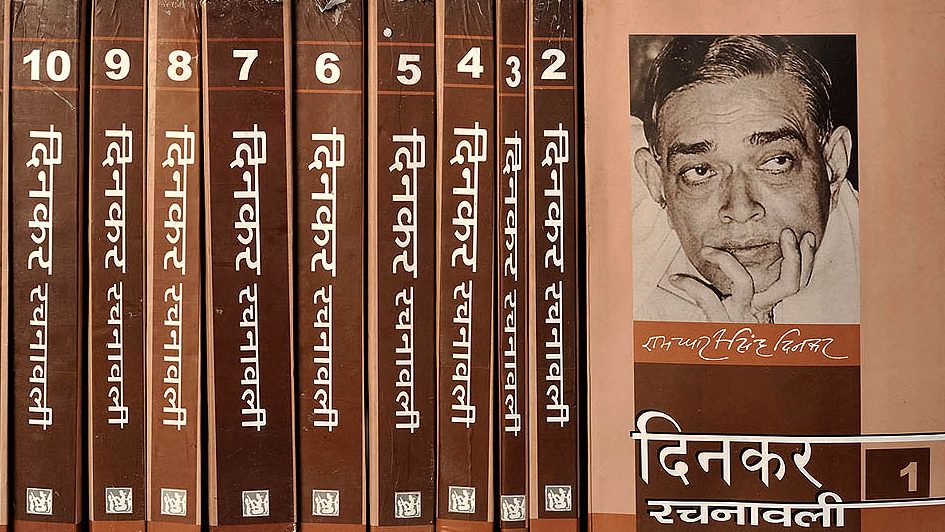When we aspire to be parents we have warm, fuzzy feelings on seeing a newborn. But the honeymoon often wears off and we find ourselves becoming over the years overworked, irritable, control freaks, almost losing our sanity at times as two or more little ones fight for attention and toys.
Sometimes we wish we could take a break from being a parent for a short time and have those wonderful carefree times with friends, watching movies, staying up late, chatting over cups of coffee or going on spontaneous vacations. So that is just what you can do this summer – Oh! Don’t give me that look … I am not
asking you to abandon your children for a season. No! I am suggesting that, this summer after the exams are over, when the worst in you as a parent has manifested itself, you shift roles. Get out of your big parenting boots and wear a pair of comfortable friendship sandals.

What did you enjoy doing with your friends? Make a list. What does your child enjoy doing with her/his friends? Ask him/her to also make a list. Choose a few which are possible for you to do together as a family and head out!
am not advocating you vacate the throne of a parent and leave your children without direction or boundaries. I am suggesting that you do all that with a friendly approach where they feel you are a shoulder to lean on as well as great fun to be with.
Being friends means hanging out with each other and enjoying each other’s company. How often do we just hang out with our family? Not for the ritual dinner together or studies or necessity shopping or visiting relatives, but just to be with each other as friends do? Let’s start this summer.
This summer vacation, setapart a day a week to do one friendship activity. Give every family member a chance to make their choice and go with it. However, the key is not the activity but the attitude:
Treating your child as a friend means:
1. Respecting them unconditionally. One of the reasons children like hanging out with friends is because they accept them non-judgmentally, while often we as parentsare seen as conditional or controlling. Let your child see you respect her as a person just as her friends do and just as you respect other adults. Respect involves listening actively, allowing them to make choices and trusting them.
2. Giving them the right to make choices. Avoid the proverbial ‘because I say so’ bit and allow your child complete freedom to make choices within the agreed-upon boundaries that hold true for the entire family.
3. Allowing them to take responsibility. Allow your child to plan details of your time together and the budget.Our best times with friends probably were when we were students and we always had budget constraints but that made it all the more fun. So keep aside an equal budgeted amount for each person and see how each one stretched the penny to give the family the most exciting time.
Above all, when you become a friend to your child, you too have the liberty to be fun, to let your hair down, to express your emotions. You do not have to have everything sorted or take responsibility for every glitch. You can share your life with them age-appropriately and invite them tobe your friends through the ups and downs of life.
So this summer, have fun and become best friends with your kids all over again!
Disclaimer: All this has to be done age-appropriately. The older they are, the more you can share and they can take responsibility.
Here are a few ideas for you to try out as a family:
1. Creative redecorating or de-cluttering the home This could be an activity where the whole family can put their heads together to figure out how to give the house a ‘new look’ with no external support. Put down everyone’s ideas and then discuss and decide through vote or consensus on which ideas to use. Keep a budget that is not to be exceeded. The idea is being creative with what is at hand.
2. Annual vacation to a scenic place Make sure you take time out from your city and dai ly routine to visit a place where you can get in touch with nature and enjoy God’s creation. Choose a place which is interesting to each member. Consider people’s preferences, your budget and special needs as you choose. Avoid complicated travel and vacation plans that add stress.
3. Spending time helping the lesser privileged This is something that can give perspective to life. Volunteering over a few days in a residential facility for
people or children in difficult circumstances will help your children value what they have, stop complaining,
start being grateful and giving to others in need.
4. Discovering your city or town all over again Give each member the choice to plan a family outing
within your city. It could be a place others have never visited or it could be reliving an old memory. Making it fun for all should be the key.
Published in the June 2014 issue of the Forward Press magazine
Based in New Delhi, India, ForwardPress.in and Forward Press Books shed light on the widespread problems as well as the finer aspects of Bahujan (Dalit, OBC, Adivasi, Nomadic, Pasmanda) society, literature, culture and politics. Next on the publication schedule is a book on Dr Ambedkar’s multifaceted personality. To book a copy in advance, contact The Marginalised Prakashan, IGNOU Road, Delhi. Mobile: +919968527911.
For more information on Forward Press Books, write to us: info@forwardmagazine.in





